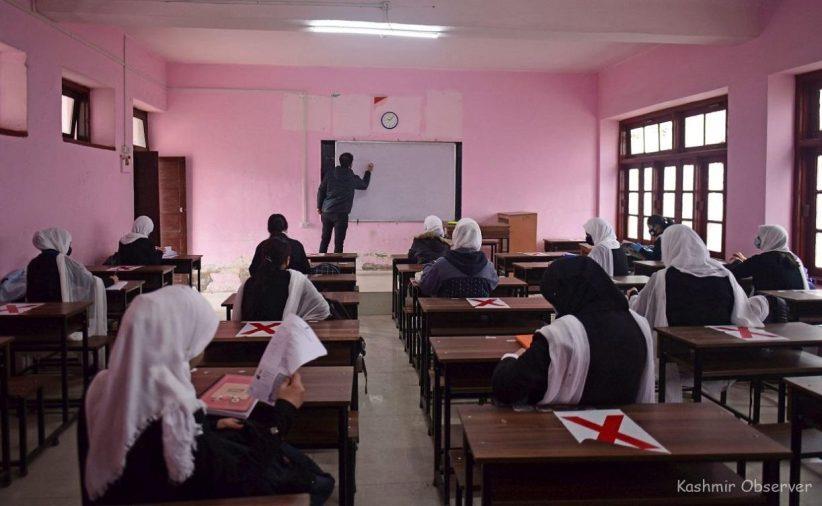
Letter To Editor: The Myth Of Merit In Kashmir Campus
Representational Photo
I can still picture myself sitting in my 10th-grade classroom in Srinagar, the blackboard covered with neat notes written in white chalk. The teacher said,“This will all show up on the exam,” and suddenly, every pen in the room began to move faster. They weren't writing out of curiosity or reflection, but out of fear of forgetting, losing marks, and disappointing someone waiting at home.
That moment stayed with me. It revealed something about how we, as a society, mistake remembering for understanding.
From our earliest years, we are trained to value correctness over curiosity. The child who asks why is often silenced with a familiar reply:“Because it's in the syllabus.”
ADVERTISEMENTWe grow up believing success lies in how accurately we can reproduce a paragraph on paper, not in how deeply we understand it. We are rewarded for memorizing what others have said, and punished for thinking differently. The discovery, the joy of learning, fades away in the process.
By the time we enter adulthood, we've mastered the art of remembering. We can recall definitions, dates, and formulas with ease. But, once the exam ends, the information evaporates like chalk dust on that same blackboard. All those hours of cramming amount to nothing more than an empty sense of achievement.
We love to quote Einstein's line that education is the“training of the mind to think,” but our classrooms still revolve around memory. Students are rarely encouraged to connect ideas or see learning as something personal. Examinations remain the measure of worth, while creativity becomes casualty.
Education should never feel like a contest of recall. It should make us think, question, and feel. It should push us to wonder why a story is told the way it is, or why an equation works, or why our society behaves as it does. True learning demands curiosity. But we've been made to believe that questions slow us down and that thinking differently is risky. So we memorize poems without feeling their pain, and we define democracy without practicing its spirit.
Our world today holds more information than any textbook ever could. And yet, we struggle to think for ourselves. If our classrooms valued imagination as much as accuracy, perhaps learning would feel less like a burden and more like becoming. Teachers would act as guides, not gatekeepers. Exams would test the depth of our thought, not the speed of our recall.

Legal Disclaimer:
MENAFN provides the
information “as is” without warranty of any kind. We do not accept
any responsibility or liability for the accuracy, content, images,
videos, licenses, completeness, legality, or reliability of the information
contained in this article. If you have any complaints or copyright
issues related to this article, kindly contact the provider above.


















Comments
No comment